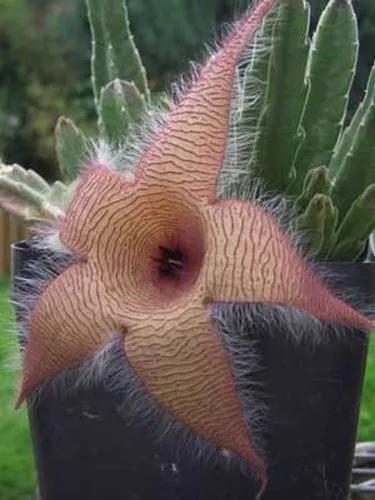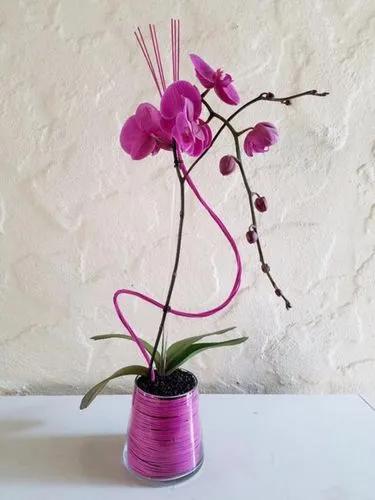Alpina is a medium-sized deciduous climber with leaves divided into 9 narrow-lanceolate leaflets. Flowers light violet-blue, with four tapering sepals to 4cm in length, surrounding cream staminodes and stamens in mid spring to late spring with occasional flowers in midsummer.
Clematis Alpina Care
Clematis Alpina



How to Care for the Plant

Water

In pots, water Clematis alpina regularly, especially in summer

Pruning

Pruning isn’t a necessity on Clematis alpina.

Fertilizer

Fertilize the plant right at the moment of planting with a little compost or dehydrated manure. Doing so will support stronger growth.

Sunlight

Full sun to part shade

Temperature

Clematis have some specific climate-related requirements. Clematis grow and bloom much better if they have a dormant period of approximately six weeks. Night temperatures of about 45°F (7.5°C) or colder for a week or more seems to put them into dormancy.

Additional

Clematis leaves and flowers are both poisonous to children and adults. Most cases of humans being poisoned are from toddlers being curious.

Popularity

117 people already have this plant 18 people have added this plant to their wishlists
Discover more plants with the list below
Popular articles






